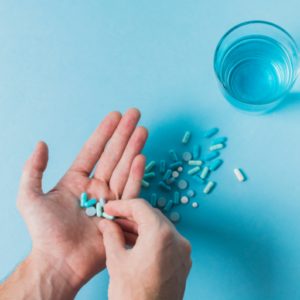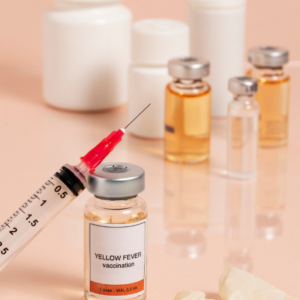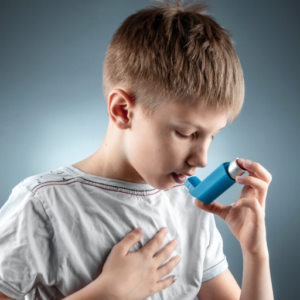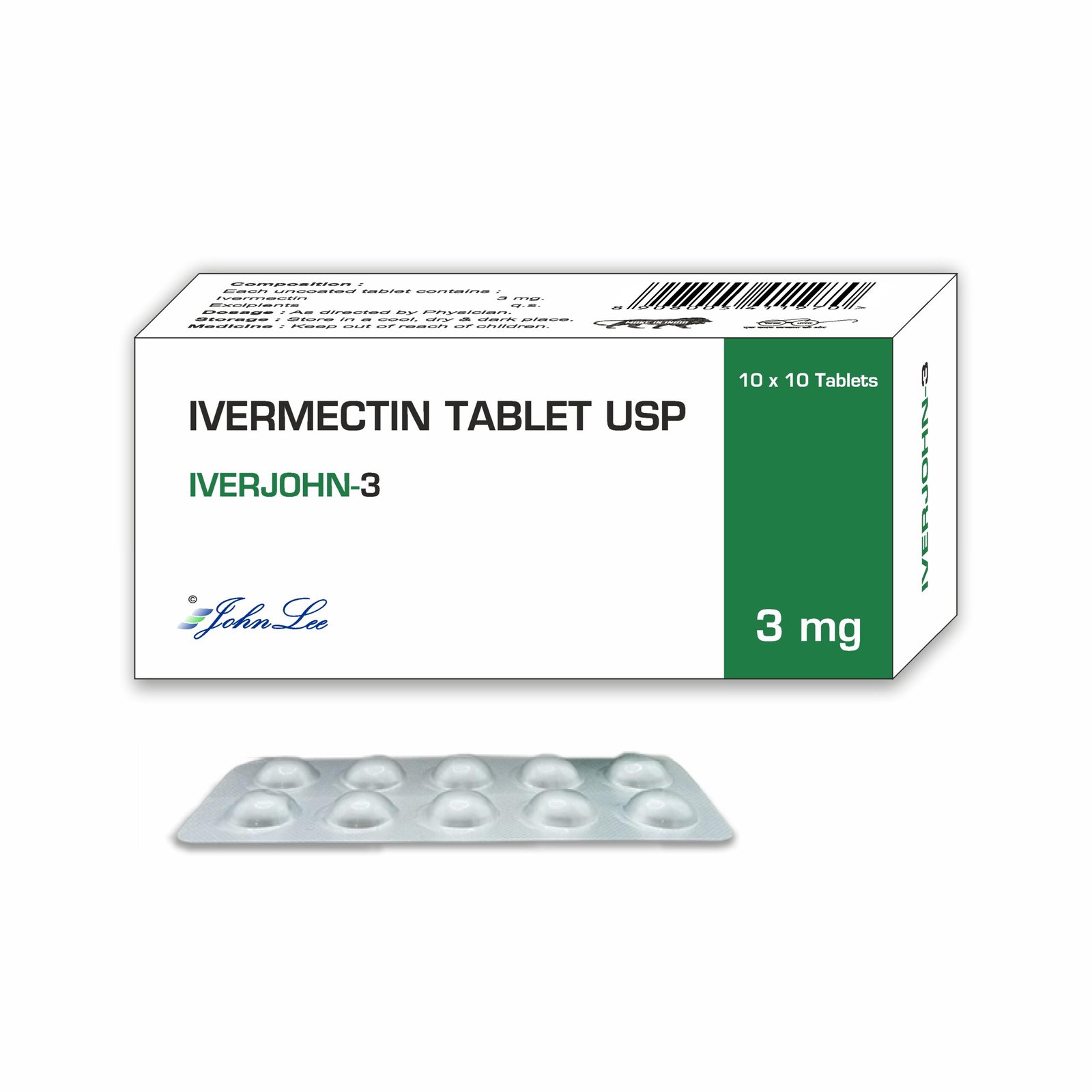IVERJOHN 3mg
| Package | Per tablet | Savings | Price |
|---|---|---|---|
| 180 tablets | $0.23 | $13 | $54 $41 |
| 150 tablets | $0.23 | $10 | $45 $35 |
| 120 tablets | $0.24 | $7 | $36 $29 |
| 90 tablets | $0.26 | $4 | $27 $23 |
| 60 tablets | $0.27 | $2 | $18 $16 |
| 30 tablets | $0.30 | – | $9 |
What is this medicine?
IVERJOHN (IVERMECTIN 3 mg) is an antiparasitic medication. It is used to treat infections caused by certain parasites, such as strongyloidiasis (intestinal roundworms) and onchocerciasis (river blindness). It may also be prescribed off-label for scabies, head lice, and other parasitic infections. Ivermectin works by paralyzing and killing parasites.
What should I tell my health care provider before I take this medicine?
They need to know if you have any of these conditions:
-
liver disease or abnormal liver function
-
asthma or other breathing problems
-
seizures or history of seizures
-
Loa loa infection (eye worm disease)
-
weakened immune system (e.g., due to HIV/AIDS or corticosteroid use)
-
an unusual or allergic reaction to ivermectin or similar medicines, other drugs, foods, dyes, or preservatives
-
if you are pregnant or trying to get pregnant
-
if you are breast-feeding
How should I use this medicine?
Take this medicine by mouth with a full glass of water, preferably on an empty stomach (1 hour before or 2 hours after meals). Take your dose exactly as directed by your doctor.
Take your doses at regular intervals. Do not take more than prescribed. Do not stop taking this medicine unless advised by your doctor or health care professional.
Overdosage: If you think you have taken too much of this medicine, contact a poison control center or emergency room at once.
What if I miss a dose?
If you miss a dose, take it as soon as you remember. If it is almost time for your next dose, take only that dose. Do not take double or extra doses.
What may interact with this medicine?
-
warfarin or other blood thinners
-
other antiparasitic or anthelmintic medications
-
sedatives or tranquilizers
-
barbiturates
-
benzodiazepines (e.g., diazepam, lorazepam)
-
valproic acid
-
alcohol
This list may not include all possible interactions. Tell your health care provider about all medicines, supplements, herbs, or recreational substances you use.
What should I watch for while using this medicine?
Visit your doctor or health care professional for regular checkups.
If you’re being treated for onchocerciasis, you may experience a reaction known as Mazzotti reaction, which can include fever, rash, joint pain, and eye irritation. Inform your doctor if you notice these symptoms.
Do not drive, use machinery, or do anything that needs mental alertness until you know how this medicine affects you. This drug can make you dizzy or drowsy. Avoid alcohol as it may intensify these effects.
If you are pregnant, plan to become pregnant, or are breastfeeding, discuss potential risks with your doctor.
Avoid alcohol and do not use this medicine in combination with other over-the-counter treatments for parasitic infections unless advised by a doctor.
What side effects may I notice from this medicine?
Side effects that you should report to your doctor or health care professional as soon as possible:
-
allergic reactions like rash, itching, or swelling of the face, lips, or tongue
-
chest pain
-
difficulty breathing or swallowing
-
dizziness or fainting
-
seizures
-
confusion
-
visual disturbances
-
rapid or irregular heartbeat
Side effects that usually do not require medical attention (report if they persist or become bothersome):
-
headache
-
nausea
-
diarrhea
-
fatigue
-
mild skin rash
-
dizziness
-
muscle or joint pain
This list may not include all possible side effects. Always consult your doctor if you are concerned about new or unusual symptoms.
Where should I keep my medicine?
Keep out of the reach of children.
Store at room temperature between 20 and 25 degrees C (68 and 77 degrees F). Protect from moisture and direct sunlight. Do not store in a bathroom.
Discard any unused medicine after the expiration date.
























